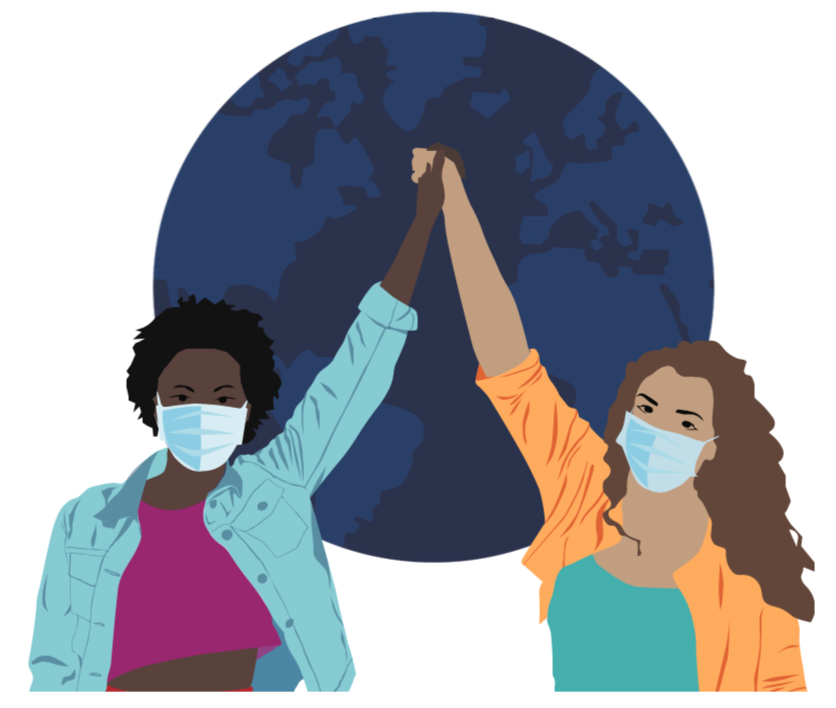Download the Multi-Agency Policy Brief and Call to Action HereDecember 29, 2022: As members of the U.S. Policy

We cannot turn our backs on
Afghan women and girls
This is a humanitarian catastrophe.
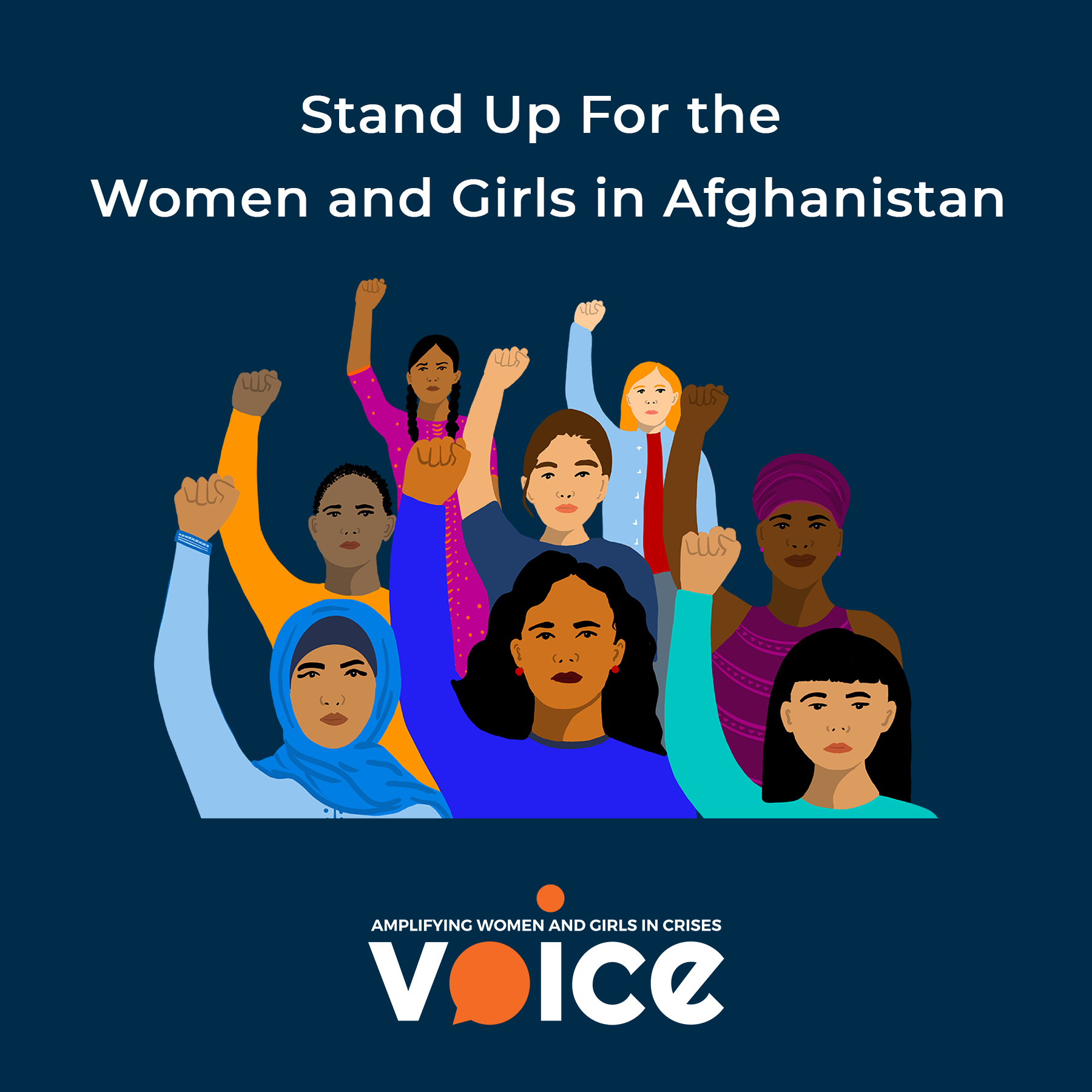
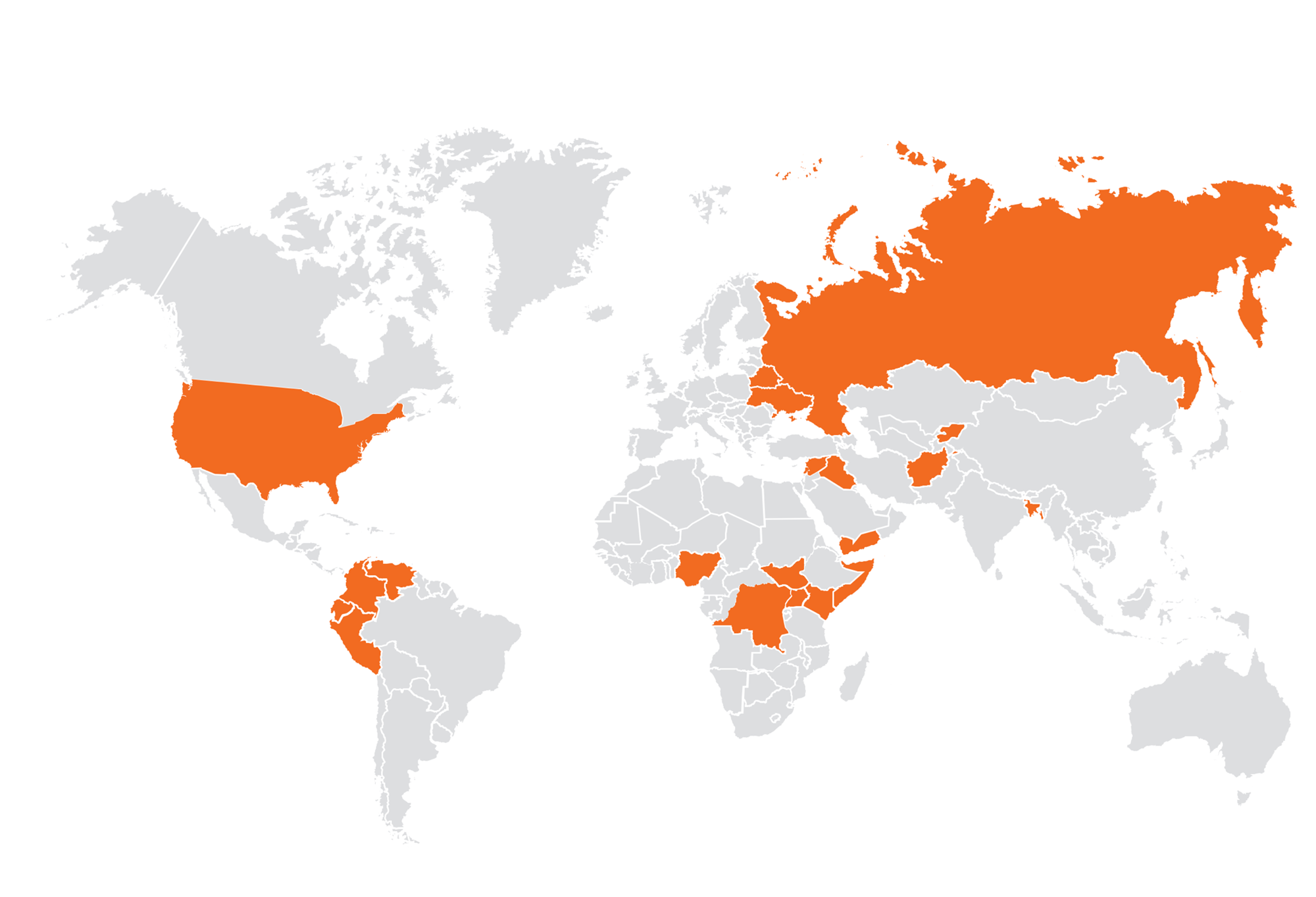
We are working to help meet the needs of women- and girl-led organizations in a growing number of countries, including Afghanistan, Bangladesh, Colombia, Democratic Republic of the Congo, Iraq, Kenya, Somalia, South Sudan, Syria, the United States, Venezuela, and Yemen. Many of our team members come from the places that we work, meaning that deep local knowledge, expertise and lived experiences underlie our approaches.
Our team includes humanitarian practitioners, researchers, and human rights defenders with over 100 years of experience in feminist movement-building and violence prevention and response.
Blogs From the Staff
A year after the Taliban’s takeover, Afghanistan has become ‘a cage for Afghan women,’ activist and VOICE country lead Yalda Royan says in an interview with Business Insider. A year ago, Yalda Royan lost everything: “my country, my home, my job, my people,” she told Insider. In exile, Royan continues to fight for the country she left behind as the country team lead for the feminist organization VOICE Amplified. She is also a founding member of the Afghan Women’s Advocacy Group who, in June, spoke before the United Nations’ Security Council, blasting “the negligence of the international community” in the face of Afghanistan’s new, misogynistic leadership, where despite early promises, young women and girls are still barred from receiving an education.
Statistics tell us that women do almost 80% of unpaid care work in the world. Most women have less/little access to and control over resources, hold few positions of power, and have little if any control over decisions that affect their lives. For these women, establishing self-care as a right will do little to change their lived realities. We need to ask: who and what will make it possible for women to challenge everyday norms and expectations by taking care of themselves? What makes it possible for women to prioritize their wellbeing in the way that we are advocating is not ‘nice to have,’ but absolutely essential to their physical, mental and emotional health?
By Tarangee Mutucumarana, Attorney at Law and Barrister at Law of England and Wales, practicing in Sri Lanka. | Access to justice for victim-survivors of sexual violence globally is restricted by various social, cultural, structural barriers and legal complexities which can be better addressed through a keen analysis of the gatekeepers of law enforcement; the police force.
VOICE Is:

Disruptive &
Catalytic

Sharing & Shifting Power

Reflective

Unapologetically Feminist
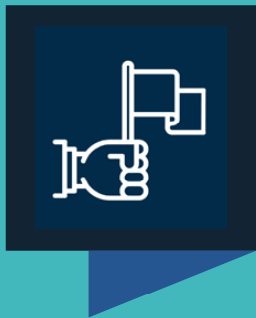
Boldly Political
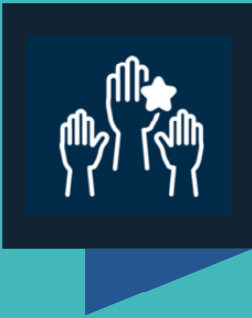
Accountable
How we work matters as much as what we do; our endeavors are led by women and girls’ realities, priorities, and expertise.
